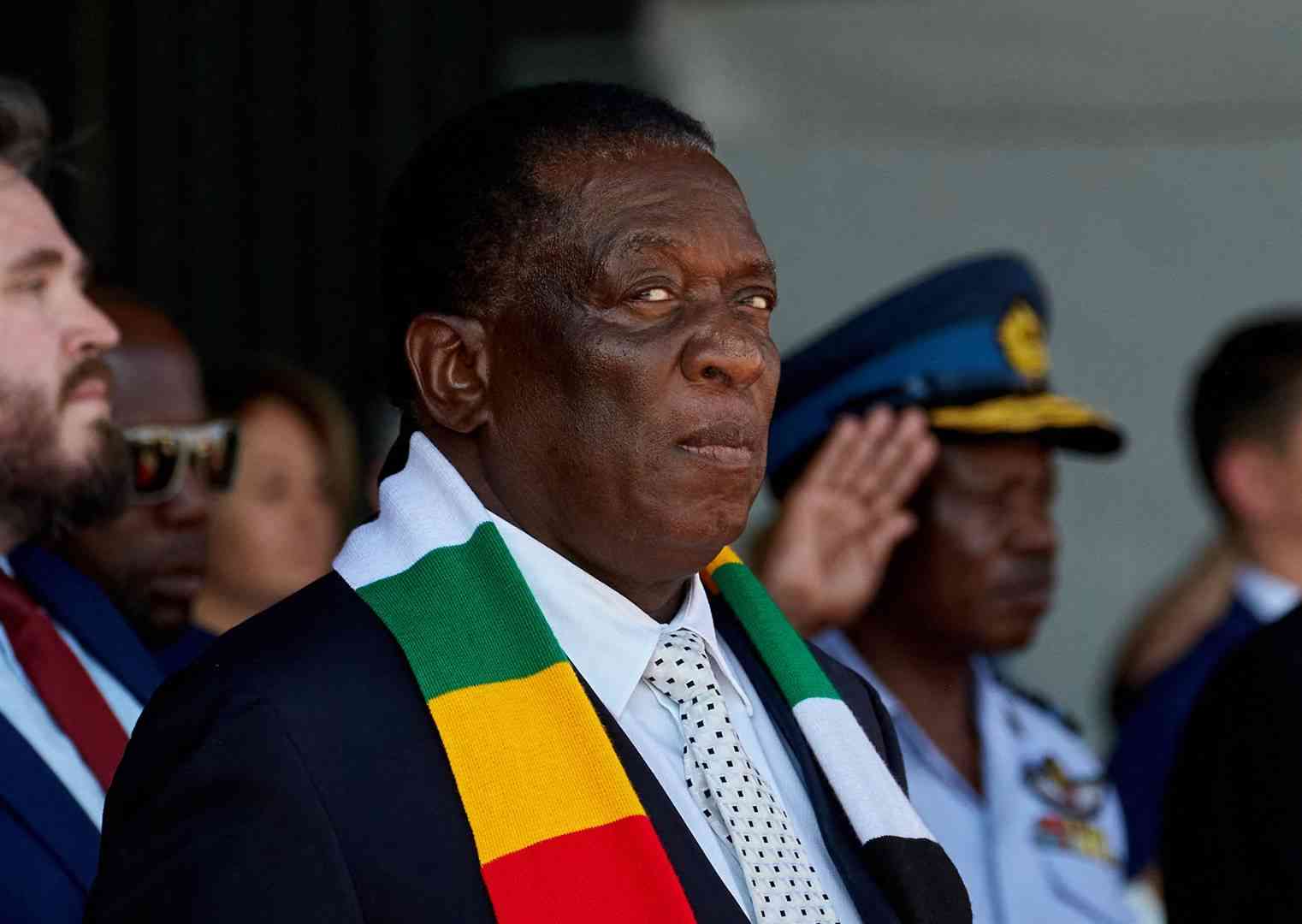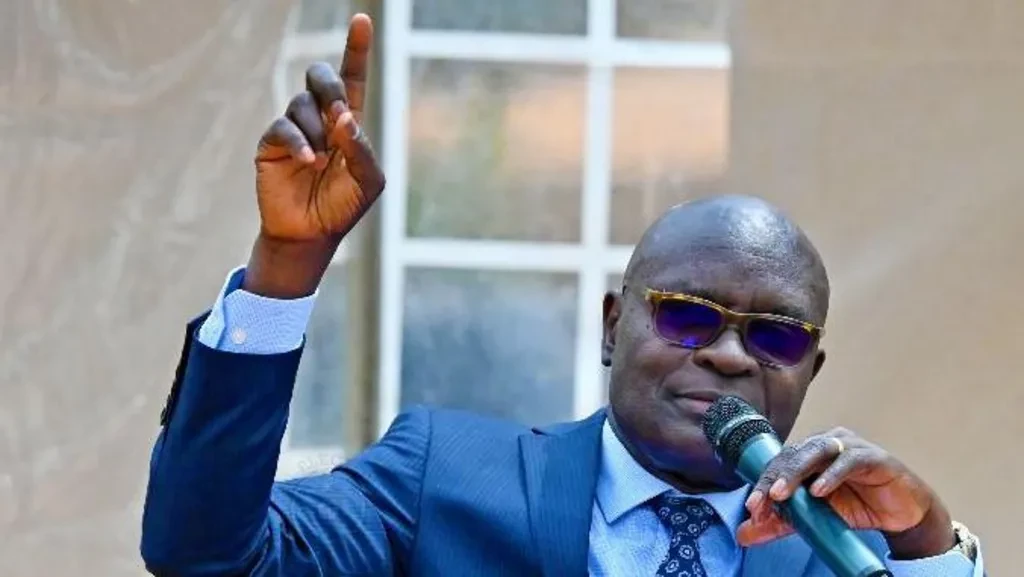
Moran Stela Yanai spent 54 days in captivity. This is her story.
Moran Stela Yanai was selling her own line of costume jewelry at the Nova festival on October 7th when Hamas began their attack at 6:29am. At first, she ignored the rockets and the sirens which she knew were unfortunately common in the south of Israel. But then they began to hear gunshots and explosions. They didn’t know what was happening.
Some people were running. Some people were still dancing. No one knew where to go.
As the gunshots came closer, Moran ran with others to try to find cover in a landscape where there was nowhere to hide. Months before, an Egyptian supplier had sent her a necklace with an Arabic inscription for her birthday which she had been wearing for months, despite her mother asking her to take it off. When she ran into the first group of three terrorists, she showed them her necklace and using the few Arabic phrases she knew, she pretended to be an Arab. Miraculously, they let her go and an hour later she ran into a second group of terrorists.
The necklace convinced that group as well that she was an Arab and allowed her to keep running until she fell in a ditch and broke her leg. She texted her parents for the last time. At first she wrote: There has been an attack. My phone battery is dying. I love you. But she didn’t want her parents to think that she was saying goodbye, so she deleted that message and wrote instead: My phone battery is dying.
Months before October 7, Moran had been working tirelessly on her self-development and her work as an artist. She had left her job to devote herself to her dream of creating her own jewelry line. When the terrorists grabbed her that terrifying morning and shoved her into a car headed towards Gaza, they ripped off her newly made necklaces, bracelets and rings, but they couldn’t take her inner strength that she knew she had.
“I decided that no matter what, I was going to find a way to survive. When you are in the middle of such an unimaginable nightmare, you have to take life moment by moment, constantly asking yourself what you can do next to stay alive.”
When the car drove into Gaza, Moran could not believe her eyes. Hundreds, if not thousands, of men, women and children were cheering as Hamas brought the hostages into the city. They tried to open the car doors to pull her out and kill her. But the car kept moving through the crowd until they reached the hospital. In the hospital, the room was filled with dozens of terrorists. A doctor approached Moran. He had on a white coat. He even knew Hebrew. She grabbed his arm and whispered. Help me. He laughed in her face. But when they eventually put a cast on her broken leg, she took it as a sign that they had decided not to kill her yet.
- Freedom from Gaza
Keep Reading
Moran spent the next 54 days hidden in a room with no windows. There was a rocket launcher on the roof of the building she was hidden in, and she was surrounded by the sounds and tremors of constant explosions. There was very little to eat or drink, and they were not allowed to cry or talk above a whisper. There were two other women with her in the room, and they were all told that their families had been killed and that their homes had been destroyed. They had no way of knowing what was actually happening in Israel or anywhere in the world. But the terrorists had radio channels constantly playing as they went in and out of the room and every now and then, an Israeli channel would come on.
The chorus of that song became her mantra for the remaining days: Shema Yisrael, He can do everything.
At her lowest point, when she was starving and angry and not sure how to go on, Moran heard just the chorus of a song come on an Israeli radio station: Shema Yisrael, He is our God and He can do everything. When Moran heard the song, she took it as a sign from God that He would help her through the despair. She made a promise right then and there to never stop believing in Him, no matter what. The chorus of that song became her mantra for the remaining days: Shema Yisrael, He can do everything.
After that, Moran began to see signs of hope in the smallest gifts. A half of a pita. A bucket of water to wash her face. A vivid memory of Friday night kiddush with her family that almost made her feel like she was home again. “It was amazing how many signs of hope I could find in a windowless, dark room when I searched for them.”
When the terrorists mocked her and tried to convince her to become a Muslim, Moran had a phrase that she kept repeating in her mind. You don’t get to tell me who I am. And every morning, Moran whispered the Modeh Ani prayer — Thank you for the chance to wake up today. Thank you for this moment. Because, Moran explained, it was clearly not a given that she would have another day. And every night, she said thank You once again for having made it through another horrific day.
When Moran found out that she was going to be released, she didn’t believe it until they crossed over into Israel. An officer greeted her and told her that all of her family (including her beloved cat and dog) were all alive and well. “For 54 days, I was not allowed to cry or scream. When I heard that my family was alive, I screamed so loudly, I can still hear the echoes of that scream in my mind to this day.”
Many people asked whether the terrorists had forced the hostages to smile when they were released. “No one told us to smile. My smile was real. I had never smiled like that or cried so profusely out of gratitude in my life.”
When I heard Moran speak, she asked to share three messages from her ordeal to Jews everywhere:
- Israel needs you. Israel needs you to speak up all over the world. Israel needs you to visit and show your support. Israel needs your prayers and your solidarity.
- Don’t ever be like them. The world wants to portray this war as a two-sided battle. It’s not. We were attacked by terrorists. They use their own people as shields. They hid in hospitals and schools and even their doctors helped the terrorists right in front of the hostages’ eyes. We are not like them. We are a people of compassion who do everything we can to protect and save lives.
- We are not broken. Despite everything the hostages have gone through they want us to know that they are not broken people. They have found endurance and faith and hope as they help each other and tell the world their stories.
As we celebrate the rescue of four precious hostages after eight months of captivity, we pray the release of the other 120 hostages and for peace to reign in the region.










